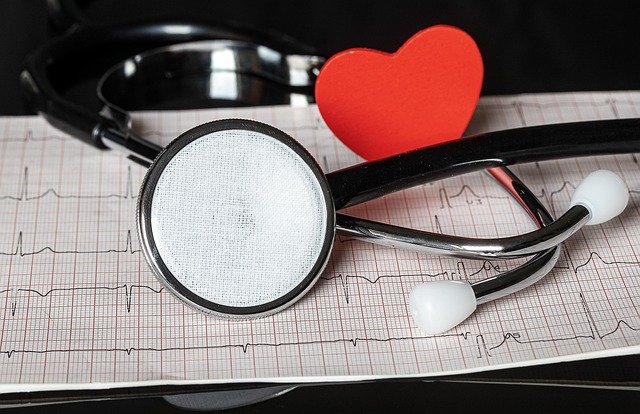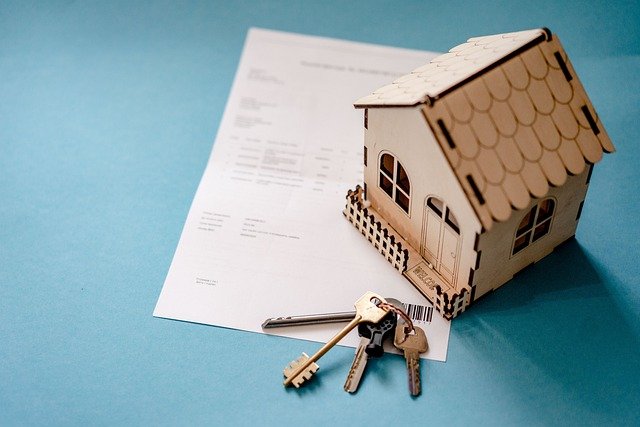Could You Be at Risk? Recognizing Early Warning Signs of Heart Disease
Heart disease remains a leading cause of death worldwide, but recognizing its early warning signs can be crucial for timely intervention and treatment. Many people are unaware that their hearts may not be functioning optimally until more severe symptoms appear. This article explores the key indicators that might suggest you're at risk for heart disease and the importance of early detection in managing heart health.

What are the 8 warning signs your heart isn’t working properly?
Understanding the warning signs of heart problems is essential for early intervention. Here are eight key indicators that your heart may not be functioning as it should:
-
Shortness of breath: Difficulty breathing, especially during light activities or while lying down, can be a sign of heart trouble.
-
Chest pain or discomfort: Often described as pressure, squeezing, or fullness in the chest.
-
Irregular heartbeat: Palpitations or feeling like your heart is racing, skipping beats, or fluttering.
-
Fatigue: Unusual tiredness or weakness, especially during everyday activities.
-
Swelling: Edema in the legs, ankles, or feet can indicate fluid retention due to heart problems.
-
Dizziness or lightheadedness: Feeling faint or dizzy, particularly when standing up quickly.
-
Nausea or lack of appetite: Unexplained nausea or loss of appetite can be associated with heart issues.
-
Cold sweats: Breaking out in a cold sweat for no apparent reason, especially if accompanied by other symptoms.
Can leg pain be a sign of heart problems?
While leg pain is often associated with muscular or skeletal issues, it can sometimes be an indicator of heart problems. Peripheral artery disease (PAD), a condition closely related to heart disease, can cause leg pain, especially during physical activity. This pain, known as claudication, occurs when there’s reduced blood flow to the legs due to narrowed arteries.
Leg pain that might be related to heart problems typically:
-
Occurs during exercise and subsides with rest
-
Feels like cramping, aching, or fatigue in the legs
-
May be accompanied by skin changes or slow-healing wounds on the legs
It’s important to note that not all leg pain is heart-related, but if you experience persistent leg pain along with other cardiovascular symptoms, it’s crucial to consult a healthcare professional.
What are the heart failure symptoms and signs?
Heart failure is a serious condition where the heart can’t pump blood as efficiently as it should. Recognizing the symptoms of heart failure early can lead to better management and outcomes. Common signs and symptoms include:
-
Shortness of breath: Especially when lying down or during physical activity
-
Persistent coughing or wheezing: Often with white or pink blood-tinged mucus
-
Buildup of excess fluid: Swelling in the legs, ankles, and feet (edema)
-
Fatigue and weakness: Feeling tired and having difficulty with daily activities
-
Rapid or irregular heartbeat: Palpitations or a racing heart sensation
-
Reduced ability to exercise: Difficulty performing physical activities that were once easy
-
Increased need to urinate at night: Waking up frequently to use the bathroom
-
Lack of appetite and nausea: Feeling full or sick to your stomach
-
Difficulty concentrating or decreased alertness: Due to reduced blood flow to the brain
-
Chest pain: If heart failure is caused by a heart attack
How can I use a heart problem symptom checker effectively?
A heart problem symptom checker can be a valuable tool for initial assessment, but it should never replace professional medical advice. To use a symptom checker effectively:
-
Be specific: Provide accurate and detailed information about your symptoms.
-
Consider all symptoms: Include even minor symptoms you might think are unrelated.
-
Be honest about lifestyle factors: Include information about diet, exercise, smoking, and alcohol consumption.
-
Note symptom duration and frequency: Indicate how long you’ve experienced symptoms and how often they occur.
-
Review your medical history: Include information about existing conditions and medications.
-
Don’t self-diagnose: Use the results as a starting point for discussion with a healthcare provider.
-
Follow up with a professional: Regardless of the symptom checker results, consult a doctor if you have concerns about your heart health.
Remember, while symptom checkers can provide helpful information, they are not diagnostic tools. Always seek professional medical advice for accurate diagnosis and treatment.
What are the key signs and symptoms of heart failure to watch for?
Heart failure can develop gradually, and recognizing its early signs is crucial for timely intervention. Key signs and symptoms to watch for include:
-
Dyspnea: Shortness of breath, especially during physical activity or when lying down
-
Orthopnea: The need to use extra pillows to breathe comfortably while lying down
-
Paroxysmal nocturnal dyspnea: Waking up at night gasping for air
-
Edema: Swelling in the legs, ankles, and feet due to fluid retention
-
Sudden weight gain: Gaining 2-3 pounds in a day or 5 pounds in a week
-
Fatigue: Feeling unusually tired or weak, even after rest
-
Loss of appetite: Feeling full quickly or experiencing nausea
-
Persistent coughing: A dry, hacking cough or wheezing
-
Increased heart rate: A rapid or irregular heartbeat
-
Confusion or impaired thinking: Due to changes in blood chemistry
If you experience any combination of these symptoms, especially if they worsen over time, it’s essential to seek medical attention promptly. Early diagnosis and treatment of heart failure can significantly improve outcomes and quality of life.
In conclusion, recognizing the early warning signs of heart disease is crucial for maintaining cardiovascular health. By being aware of symptoms like shortness of breath, chest discomfort, irregular heartbeat, and unusual fatigue, you can take proactive steps towards early detection and treatment. Remember that while symptom checkers and self-assessment can be helpful, they are not substitutes for professional medical advice. If you suspect any heart-related issues, consult with a healthcare provider for proper evaluation and care.
This article is for informational purposes only and should not be considered medical advice. Please consult a qualified healthcare professional for personalized guidance and treatment.




